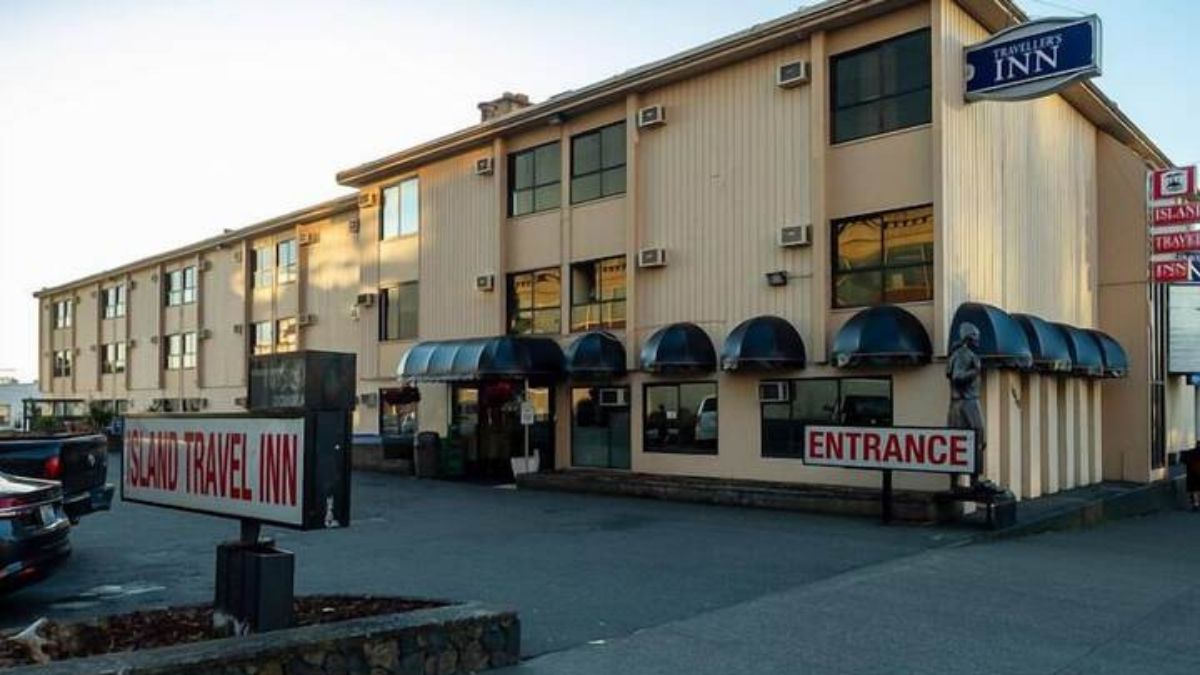The romance of the open road calls to millions of travel inns each year, but finding comfortable, budget-friendly accommodation can make or break your journey. Enter the humble travel inn—a lodging option that has quietly revolutionized how we explore new destinations without emptying our wallets.
Travel inns offer something hotels and vacation rentals often can’t: the perfect balance of affordability, convenience, and local character. Whether you’re embarking on a cross-country road trip, exploring small towns off the beaten path, or simply need a clean, comfortable place to rest between adventures, travel inns provide an authentic base for your exploration.
This guide will help you understand what makes travel inns special, how to choose the right one for your needs, and why they might be the missing piece in your travel planning puzzle.
What Makes Travel Inns Different from Hotels
Travel inns occupy a unique space in the hospitality landscape. Unlike large hotel chains that prioritize standardization, travel inns embrace individuality and local flavor. Most are independently owned and operated, meaning each property reflects the personality and values of its owners and the character of its community.
The typical travel inn features 20 to 50 rooms, creating an intimate atmosphere where staff can provide personalized service. You’re not just another room number—you’re a guest whose comfort and satisfaction matter to the people who live and work in the area.
Many travel inns are housed in historic buildings that tell the story of their towns. From converted Victorian mansions to restored railway stations, these properties offer architectural charm and historical significance that modern hotels simply can’t match. Walking through their doors often feels like stepping back in time, yet with all the modern amenities you need for a comfortable stay.
The Economic Advantage of Choosing Travel Inns
Budget-conscious travelers have discovered that travel inns deliver exceptional value for money. Room rates typically run 20-40% lower than comparable hotel accommodations, and many inns include complimentary breakfast, parking, and Wi-Fi—services that hotels often charge extra for.
This affordability extends your travel budget, allowing you to stay longer, eat at better restaurants, or experience more attractions. For families or groups traveling together, the savings can be substantial, especially when booking multiple rooms or planning extended stays.
Travel inns also tend to be more flexible with pricing and policies. Unlike rigid corporate structures, inn owners often have the authority to offer last-minute deals, extend checkout times, or accommodate special requests that would be impossible at larger establishments.
Location Benefits: Discovering Hidden Gems
One of travel inns’ greatest advantages is their strategic locations. While hotels cluster around airports and commercial districts, travel inns often sit in the heart of communities, giving you immediate access to local culture and attractions.
Many inns are located along scenic routes, near national parks, or in charming downtown areas where you can walk to restaurants, shops, and historical sites. This proximity eliminates the need for expensive parking or lengthy commutes between your accommodation and the places you want to explore.
Inn owners are invaluable sources of local knowledge. They can recommend the best hiking trails, direct you to authentic local restaurants, and share insider tips about seasonal events or hidden attractions that guidebooks miss. This local expertise transforms your stay from ordinary to extraordinary.
What to Look for When Choosing a Travel Inn
Research is crucial when selecting a travel inn. Start by reading recent reviews on multiple platforms to get a balanced perspective on the property’s condition, cleanliness, and service quality. Pay attention to reviewer comments about room comfort, noise levels, and staff responsiveness.
Check the inn’s website and social media profiles to gauge their commitment to maintaining the property and engaging with guests. Well-maintained websites with current photos and detailed room descriptions usually indicate owners who care about their guests’ experience.
Consider the amenities that matter most to your travel style. If you’re traveling with pets, confirm their pet policy and any associated fees. If you need reliable internet for work, verify their Wi-Fi quality. For road trips, ensure they offer secure parking and are easily accessible from major highways.
Location matters significantly. Use mapping tools to understand the inn’s proximity to your planned activities and determine whether you’ll need transportation to reach restaurants or attractions. Some travelers prefer the quiet of rural inns, while others want walkable access to town centers.
Services and Amenities at Travel Inns
Modern travel inns have evolved far beyond basic lodging. Many offer amenities that rival those of upscale hotels while maintaining their cozy, personal atmosphere. Common features include complimentary continental breakfast, often featuring local specialties and homemade items that reflect regional flavors.
Room amenities typically include comfortable bedding, private bathrooms, air conditioning, flat-screen televisions, and complimentary Wi-Fi. Many inns have upgraded their rooms with modern furnishings while preserving historic architectural details that give each space character.
Common areas often include comfortable lounges where guests can relax, read, or socialize with fellow travelers. Some inns feature libraries stocked with local history books and travel guides, game rooms, or outdoor spaces like gardens or fire pits where guests can unwind after a day of exploration.
Business travelers will find that many travel inns now offer meeting spaces, business centers with printing and fax services, and dedicated quiet areas for remote work.
Tips for Booking Your Stay
Timing your reservation can significantly impact both availability and pricing. Popular tourist destinations may require advance booking during peak seasons, while off-season stays often come with substantial discounts and more personalized attention from staff.
Contact the inn directly, especially for longer stays or special occasions. Inn owners often provide better rates than third-party booking sites and can accommodate special requests or provide room upgrades when available.
Be clear about your needs when making reservations. If you require ground-floor access, specific bedding arrangements, or have dietary restrictions for breakfast, communicate these requirements upfront to ensure a smooth check-in experience.
Consider joining the inn’s email list or following their social media accounts for access to special promotions, local event announcements, and exclusive offers for return guests.
Making the Most of Your Travel Inn Experience
Arrive with an open mind and embrace the personal touch that makes travel inns special. Take time to chat with the staff and owners—their local knowledge can enhance your entire trip. Many inn owners are passionate about their communities and love sharing recommendations with interested guests.
Respect the intimate nature of travel inns by being mindful of noise levels and common area etiquette. Your fellow guests likely chose the inn for its peaceful atmosphere, so help maintain that environment for everyone’s enjoyment.
Take advantage of the complimentary breakfast not just for the food, but for the opportunity to meet other travelers and gather firsthand recommendations about local attractions and dining options.
Your Next Adventure Awaits
Travel inns represent more than just affordable accommodation—they’re gateways to authentic travel experiences that connect you with local communities and fellow adventurers. They prove that comfort and character don’t have to come with luxury price tags.
Your next trip deserves more than a generic hotel experience. Research travel inns in your destination area, read recent reviews, and consider how the personal touch and local knowledge of inn owners could enhance your journey. The memories you create may well be worth more than the money you save.








